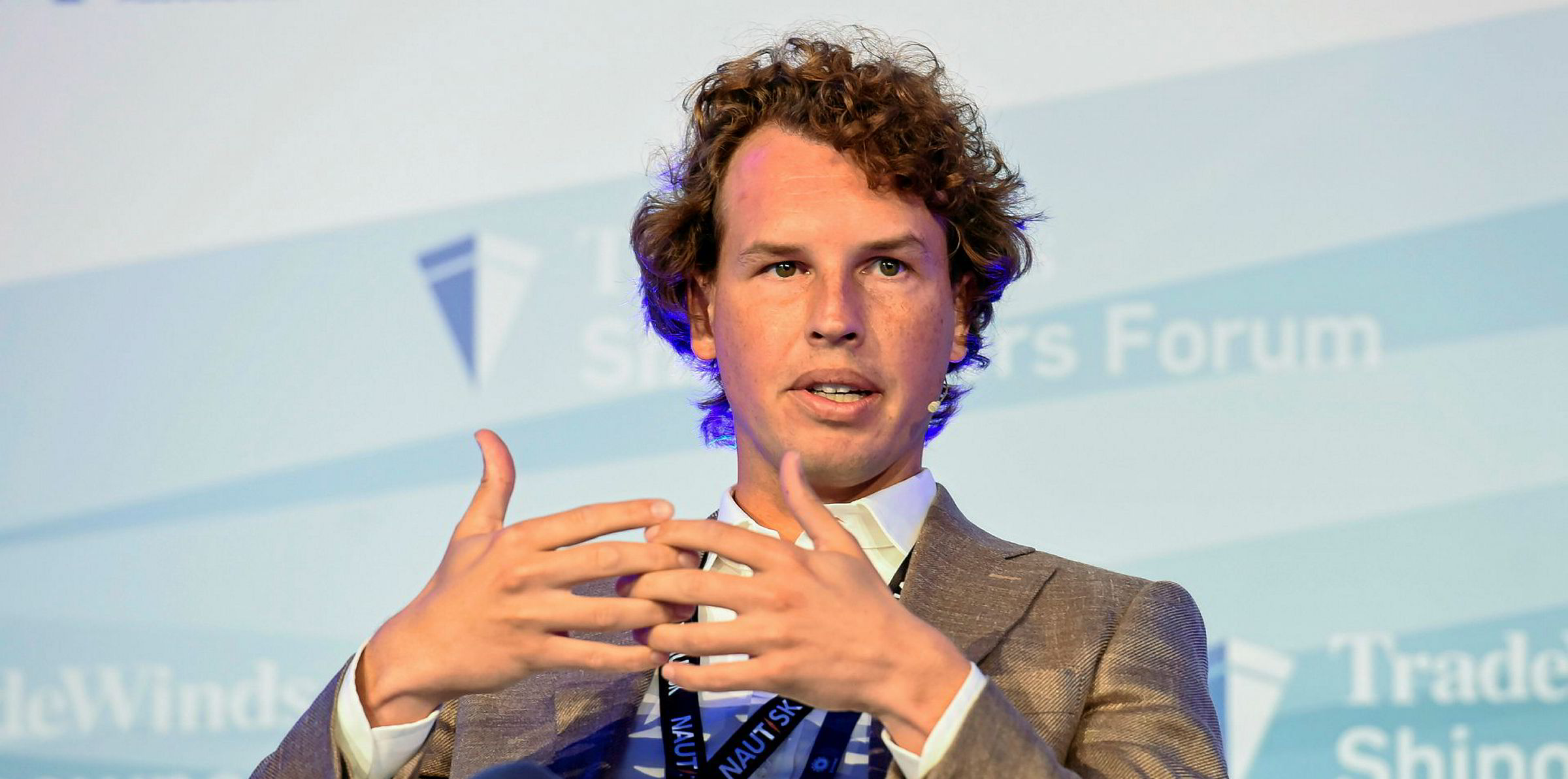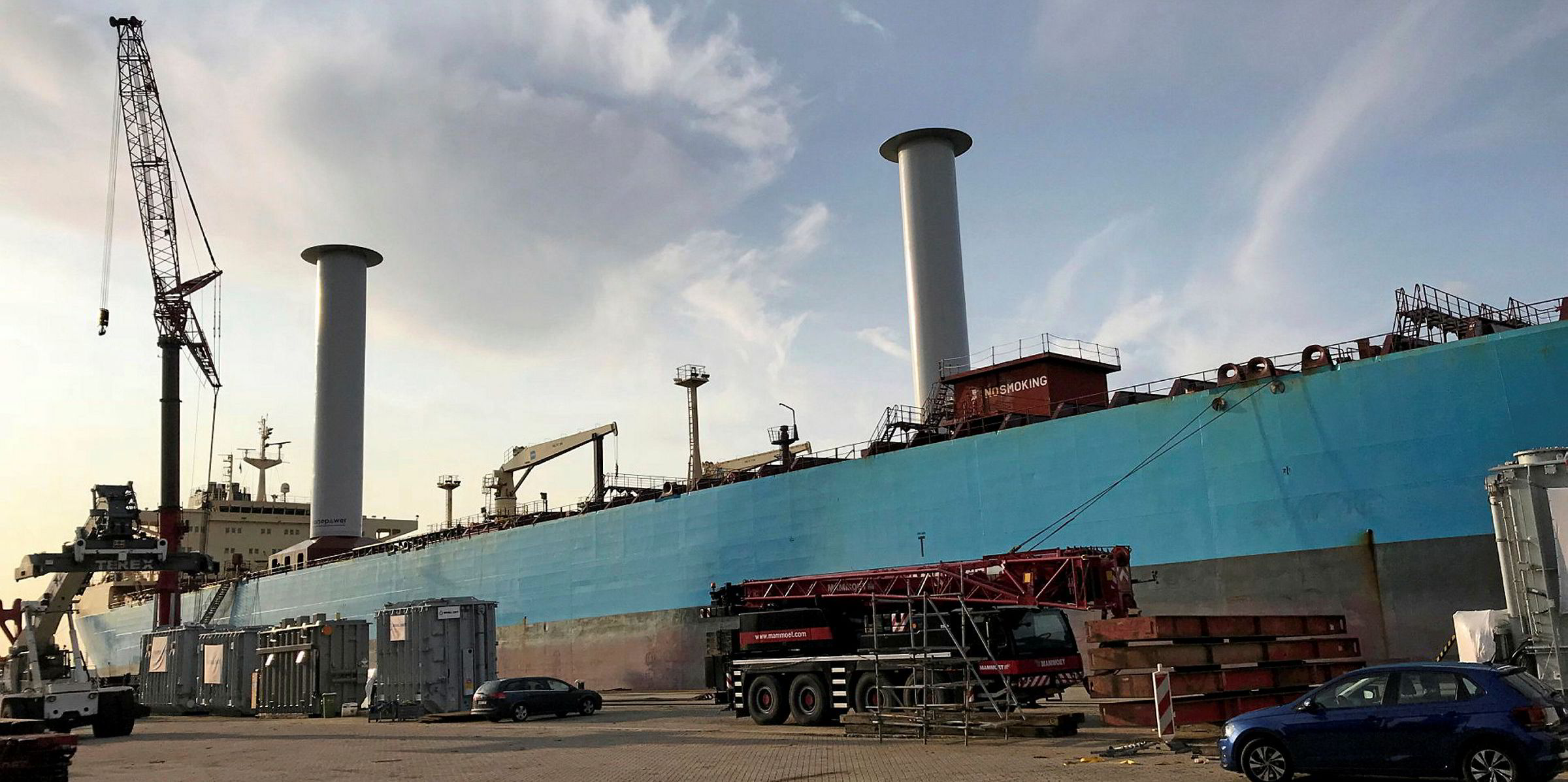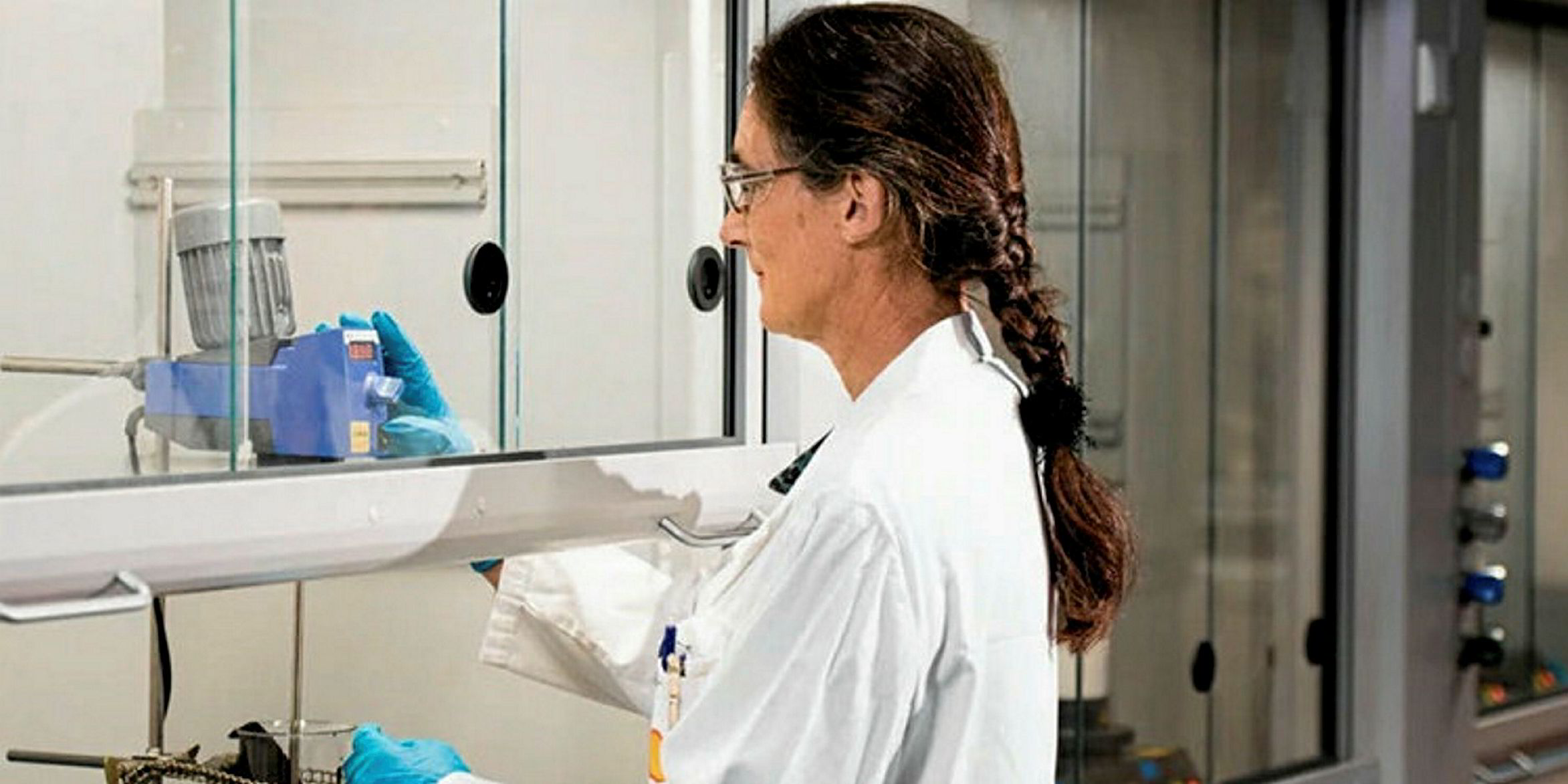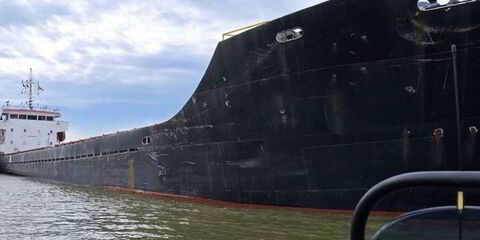German shipping player Christian Oldendorff has teamed up with a Zurich science university to plot a path to emission-free shipping.
Experts from ETH Zurich investigated vessel activities in the North and Baltic seas as well as infrastructure, the cost of new fuels and storage options.
The lead author of the report, Petrissa Eckle, said they focused their efforts on alternative energy sources that will be available in the next five to 10 years and that do not emit CO2.
Ships powered by synthetically produced methane and methanol would still emit CO2, the study found.
Eckle and her team see zero-emission propulsion systems in the form of electric motors, fuel cells or combustion engines powered by ammonia as holding the greatest potential in the near future.
“In the North and Baltic seas, ships with electric propulsion systems are already being used for short distances, which makes sense,” Eckle said.
Ammonia the best over distance?
For long distances, the report contends that ammonia would be a suitable option but due to its toxicity, its use as a fuel is not currently permitted, the report said.
As for hydrogen, there is still a lack of capacity for liquefying and transporting.
However, testing is soon to begin on the first cargo vessels.
“The next step is to run pilot projects to find answers to all the unresolved questions," Eckle said. "We need shipping companies to test vessels with emission-free propulsion systems.”
The report is part of an initiative by Oldendorff, who is co-owner of shipmanager Reederei Nord.
He wants to unite owners, operators, investors and political decision-makers behind a common vision for a more sustainable future for shipping.
According to Oldendorff, the time has come to take action.
"It’s time to change our mindset and make it our mission to pursue alternative fuels and greater efficiency," he said.
Eight ship operators active in the North and Baltic seas met on Monday to discuss the results of the report.(Copyright)





